Tesla reports Q4 earnings, Microsoft completes its investment in OpenAI, and Apple upgrades its iPhone services. Newsletter #8
Tesla reports Q4 earnings
Microsoft completes investment in OpenAI
Apple Upgrades its iPhone services
Japan and Holland Limit Chip Equipment Exports to China
Tesla’s Q4 Earnings
Tesla reported its Q4 earnings last Wednesday and beat on both earnings ($1.19 actual vs $1.13 expected) and revenue ($24.32 billion vs $24.16 billion expected), representing 33% revenue growth compared to Q4 2021.
Gross margins were the lowest they have been in the last five quarters at 25.9% as prices were cut, but the price cuts are necessary if Tesla is to start selling many millions of cars per year.
On the earnings call CEO Elon Musk said, “Thus far in January, we’ve seen the strongest orders year-to-date than ever in our history. We’re currently seeing orders of almost twice the rate of production.” Shares rose nearly 25% towards the end of the week.
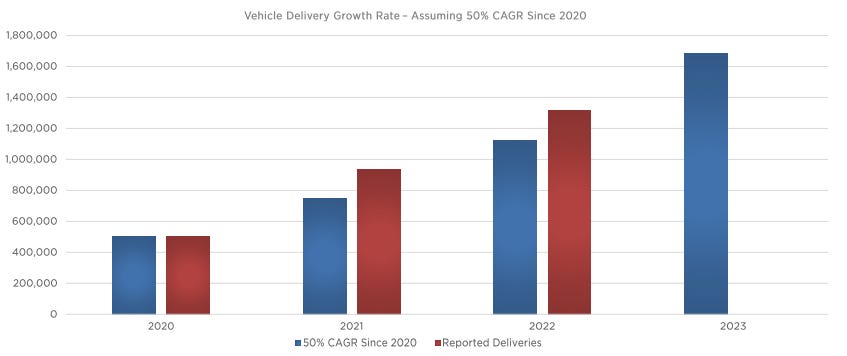
Musk said the company might be able to produce 2 million cars this year; it produced 1.3 million in 2022. When asked why guidance was only 1.8 million despite Tesla’s huge and ongoing production ramp, Musk said:
“We’re saying 1.8 because there always seems to be some friggin’ force majeure thing that happens somewhere on Earth. We don’t control if there’s earthquakes, tsunamis, wars, pandemics, etc. If it’s a smooth year, without some big supply chain interruption or massive problem we have the potential to do 2 million cars this year. I think there would be demand for that, too.”
When asked about how his Twitter antics and ownership of the platform could affect Tesla’s brand, he said:
“I’ve got 127 million followers. And it continues to grow rapidly. That suggests that I’m reasonably popular. I might not be popular with some people. But for the vast majority of people, like the follower count speaks for itself. [I have one of] the most interactive accounts, social media accounts, maybe in the world, certainly on Twitter, and that actually predated the acquisition.”
He also encouraged other companies to make more use of Twitter and use it to engage customers in interesting and informative ways.

The company also confirmed that Cybertruck production is on track to begin in Texas this year but won’t reach significant levels until 2024.
Microsoft Completes Investment in OpenAI
Microsoft has confirmed a multibillion-dollar investment in OpenAI, now a household name after its release of ChatGPT. The announcement came after Microsoft said it was cutting nearly 5% of its workforce.
The fact that Microsoft is willing to make huge investments in the AI space whilst laying off staff in other areas of the business shows its belief in AI and how much it can transform the company itself as well as, society as a whole.
The agreement also solidifies Microsoft's role as the sole cloud computing provider for a leading AI startup, helping boost its Azure cloud business.
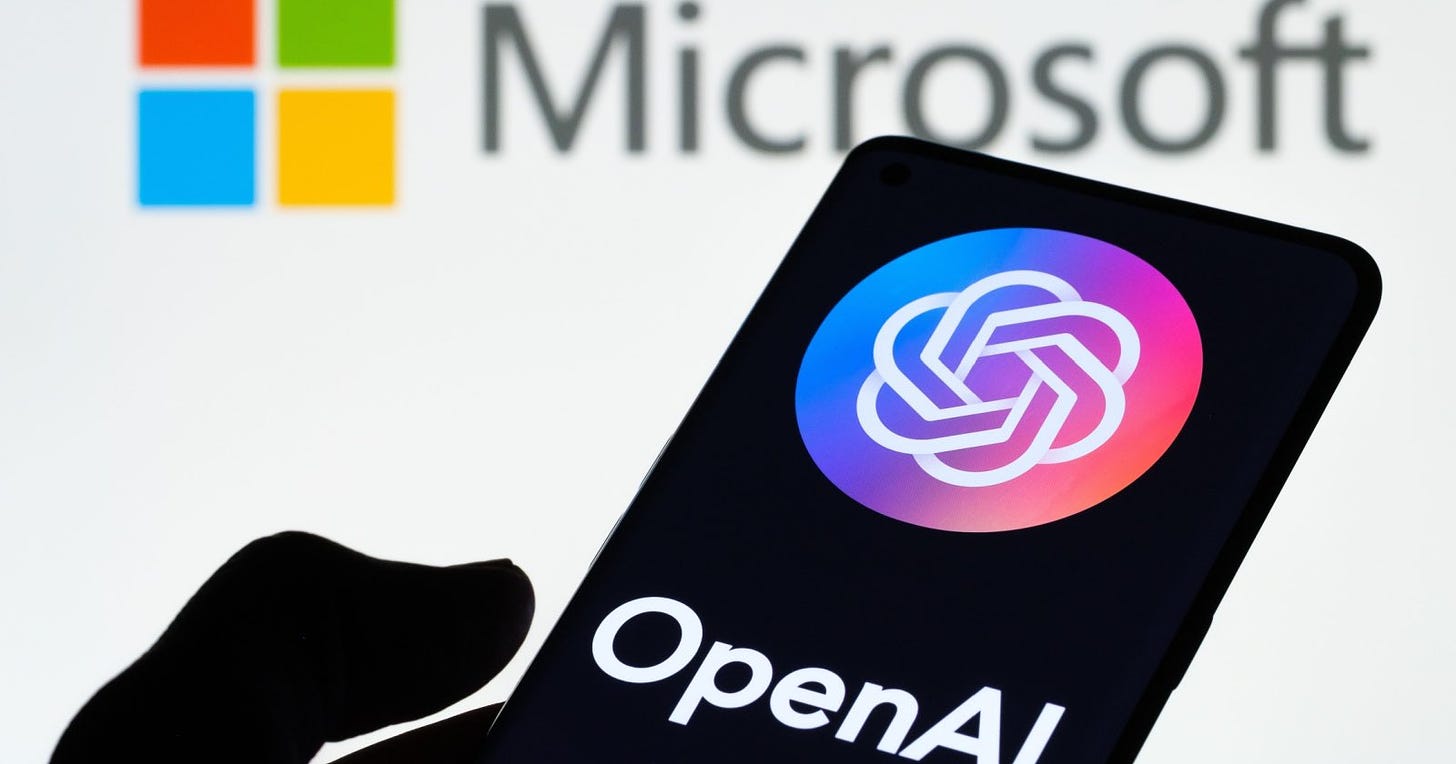
In a blog post, Microsoft CEO Satya Nadella announced:
“We formed our partnership with OpenAI around a shared ambition to responsibly advance cutting-edge AI research. In this next phase of our partnership, developers and organizations across industries will have access to the best AI infrastructure, models, and toolchain with Azure to build and run their applications.”
Meta’s chief AI scientist, Yann LeCun, said last week that ChatGPT isn’t particularly innovative and that, despite being viewed by the public as a new technology, many of the big tech companies and research labs have built similar products, some of which are even more advanced. One Google engineer was sacked last year for saying he believed that Google's AI had become sentient.

(Un)Fortunately, these programs don’t get released for public use. The big tech companies have a lot to lose by releasing tech like this. ChatGPT is often incorrect and can be used in malicious ways.
Companies like Meta, Google, and Amazon already have enough focus on them from the media and government and don’t want the negative PR that often comes from AI technology. It’s very difficult to predict how it will be used or what it will say.
Asked if we’ll one day see stuff like this from Meta, LeCun replied:
“Yeah, we're going to see this. And not just text generation, but also creation aids, including generative art which I think is going to be a big thing. There's something like 12 million shops that advertise on Facebook, and most of them are mom and pop shops, and they just don't have the resources to design a new, nicely designed ad. So for them, generative art could help a lot."
Apple Upgrades its iPhone Services
ChatGPT might be getting ready to challenge Google in search, but it seems that Google’s phone business is facing competition too. This time from Apple. Apple wants to separate its operating system from features offered by Google, including maps and search.
It released “Apple Business Connect” a few weeks ago. The feature will allow companies to claim their digital location so they can interact with users, display photos, and offer promotions. This is seemingly a direct challenge to Google Maps which partners with Yelp to offer similar features.
Apple’s product however will also give iOS users unique features such as integration with Apple Pay and Business Chat, a chatbot for its commerce features.
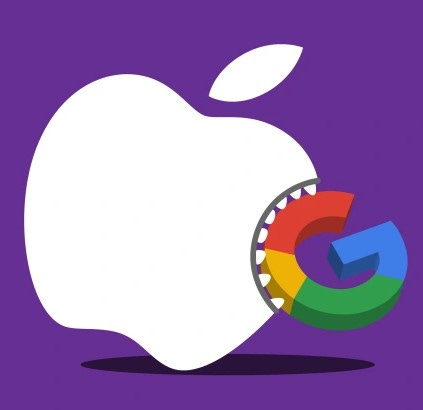
Google currently has a 92% of the market for online searches. Apple could take a big chunk of this in one swoop by simply not making Google the default search engine for its iPhones - of which there’s about 1.2 billion.
Alphabet, Google's parent company, pays Apple $8 - $12 billion a year to be the default search engine for iPhones. If Apple can create a search engine to rival Google, it would be a huge blow to the search company and another string to Apple’s seemingly ever-growing bow of tech products.
In 2019, Apple strengthened its search capabilities by acquiring Laserlike, an artificial intelligence startup founded by former Google engineers. The company's goal was to provide "high-quality information and diverse perspectives on any topic from the entire web."
Another place it’s looking to challenge Alphabet is online advertising, a business that makes up 80% of Alphabet’s revenue!
Last summer, Apple advertised for a role to design a privacy-forward, an advanced digital media-buying tool called a demand-side platform (DSP), indicating the company's intentions to create a unique ad network and reshape how ads are delivered to iPhone users, while keeping third-party data brokers out of the process.
According to some analysts, this move by Apple on multiple fronts has left Alphabet's position within iOS looking more vulnerable than ver. Apple seems increasingly motivated to enter the search business as it develops its advertising arm - search is key to obtaining first-party data, a crucial aspect in the future of digital advertising.
All of these align well with Apple’s perception as a privacy-centric company, whereas Google’s data-harvesting and selling business goes completely against that. How important privacy actually is to consumers is unclear but the developments must be worrying for Google which seems to be seeing competition on multiple fronts.
Japan and Holland Limit Chip Equipment Exports to China
Japan and Holland have announced they will join the US in restricting exports of chip manufacturing tools to China - making it more difficult for the Chinese to develop advanced weapons.
Although the White House declined to comment on the agreement, it marks a significant achievement in the US's efforts to work with its allies to prevent China from advancing its semiconductor industry.
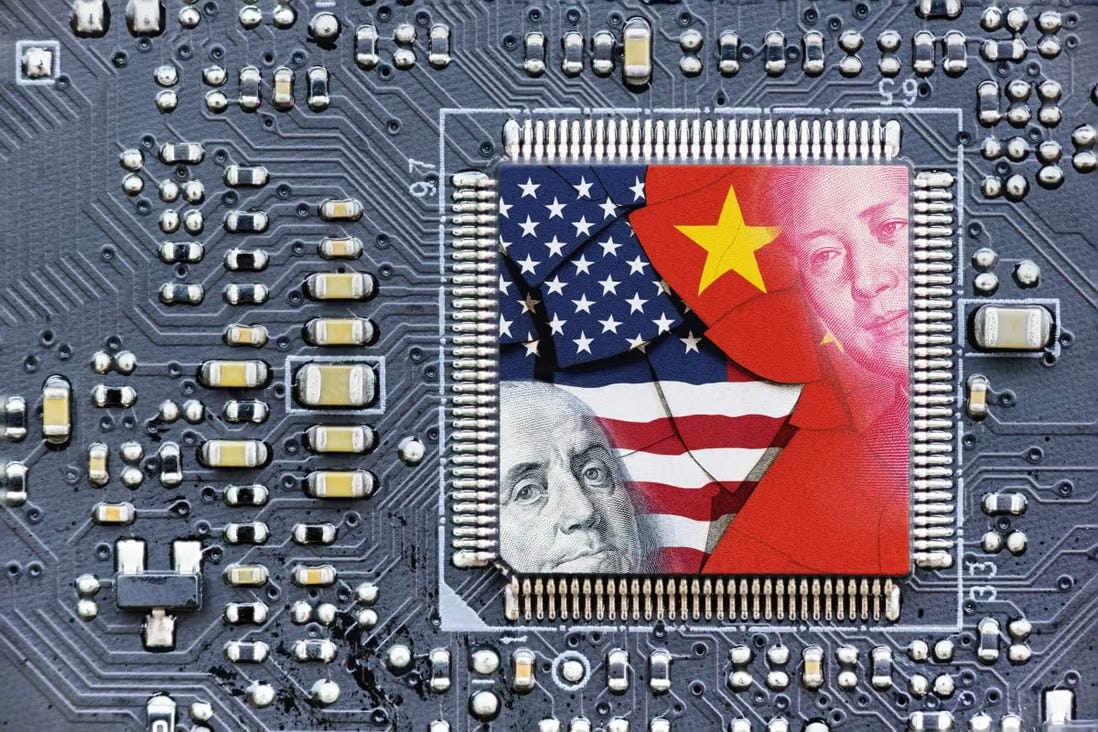
The Biden administration has been negotiating with Japan and the Netherlands for the past two years. However, these negotiations were met with resistance due to concerns over the impact on the countries' chipmaking tool companies, particularly ASML in the Netherlands and Tokyo Electron and Nikon in Japan.
In October, the US imposed sweeping export controls to hinder China's efforts to obtain or develop advanced semiconductors for use in supercomputers and military applications. The top commerce department official for export controls, Alan Estevez, said the move would demonstrate to allies that the US was willing to take tough decisions and had a vested interest in the outcome.
The increase in pressure on the allies in recent months is largely due to a change in US policy. Last September US officials announced they believed the US should abandon its "sliding scale" approach of trying to stay two generations of chips ahead and instead aim to maintain as large a lead as possible.
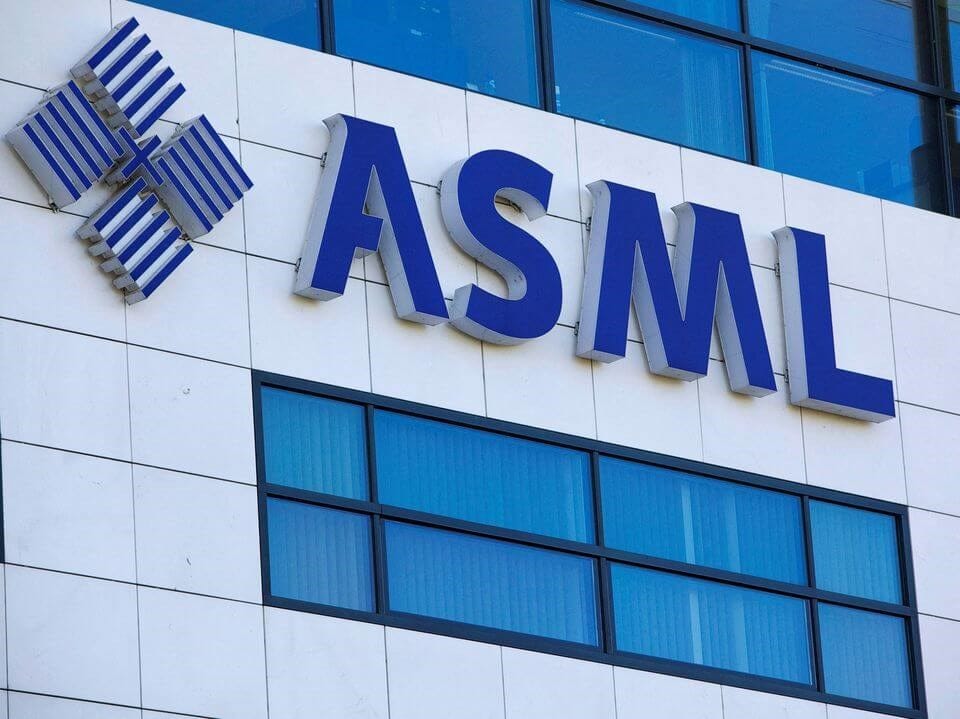
Dutch Prime Minister, Mark Rutte, agreed with Sullivan's views, stating in an interview that the Netherlands saw "eye to eye" with those arguing that advanced western chips should not be used in weapons of some countries.
Articles/Videos:
What is tokenomics and why does it matter? - https://www.publish0x.com/satoshi-club-ama/what-is-tokenomics-and-why-does-it-matter-xqedrzz
The best AI writers: ChatGPT and other interesting alternatives to try - https://www.zdnet.com/article/best-ai-writer
Google creates an AI that can generate music from text descriptions, but won’t release it - https://techcrunch.com/2023/01/27/google-created-an-ai-that-can-generate-music-from-text-descriptions-but-wont-release-it
Amazon might launch an NFT project this spring - https://nftnow.com/news/breaking-amazon-reportedly-launching-nft-initiative-this-spring
Why we’re not ready for ChatGPT -



